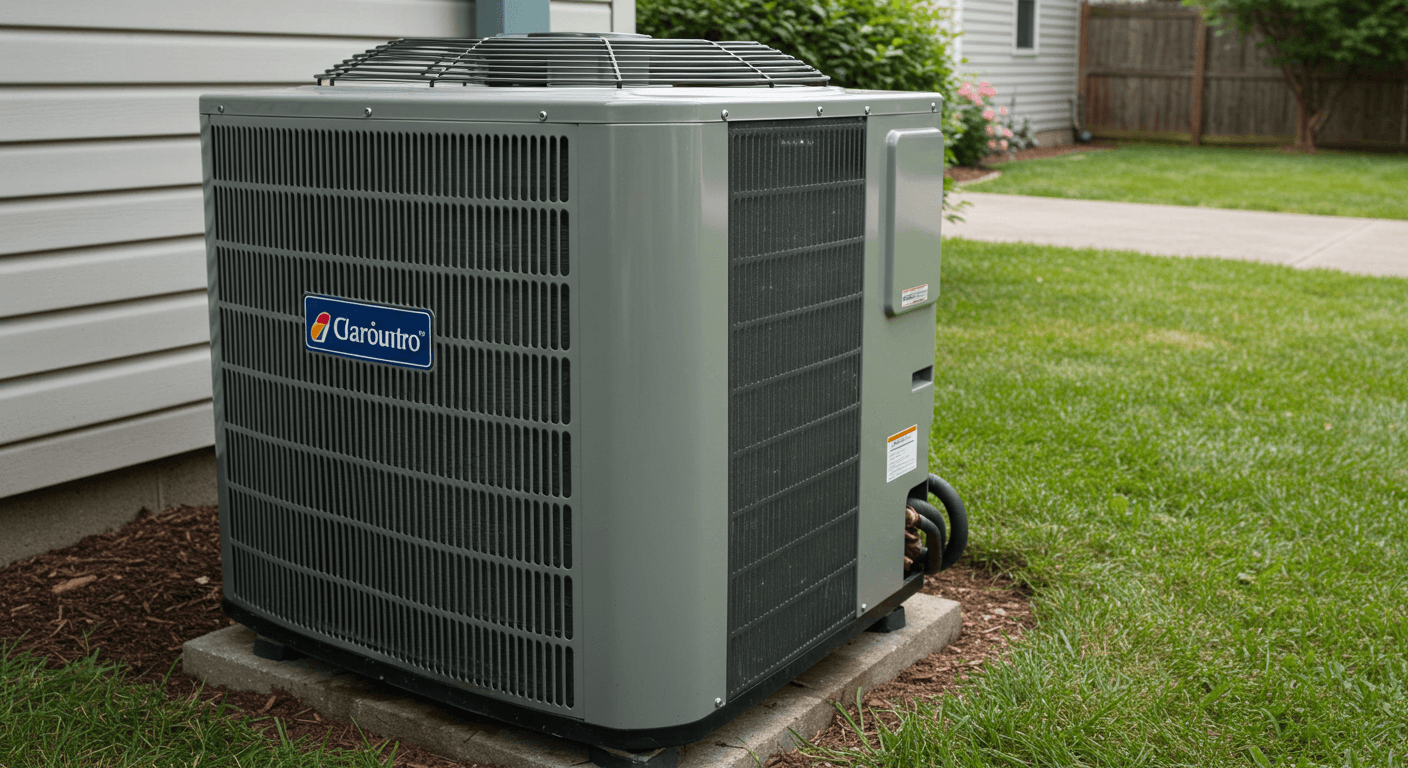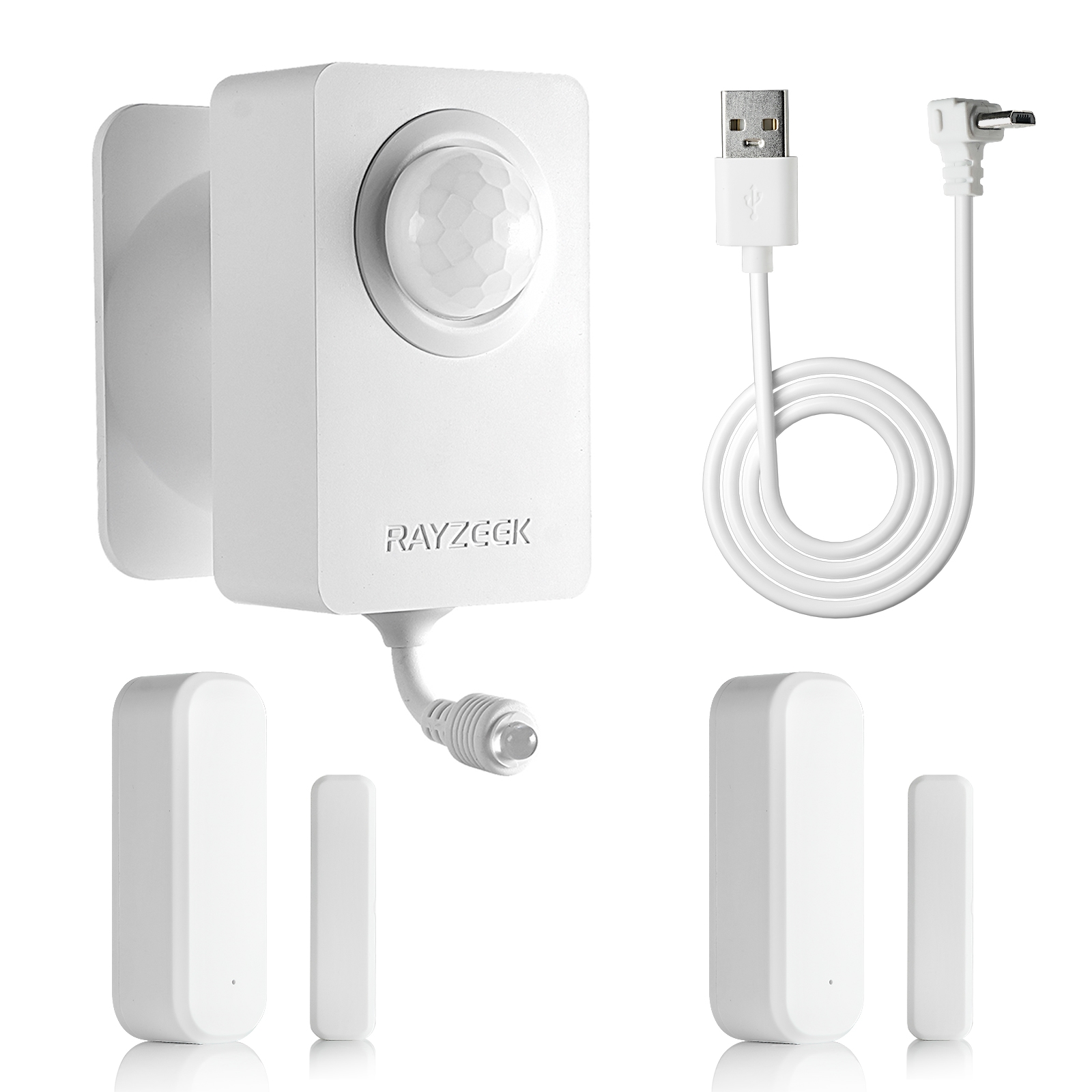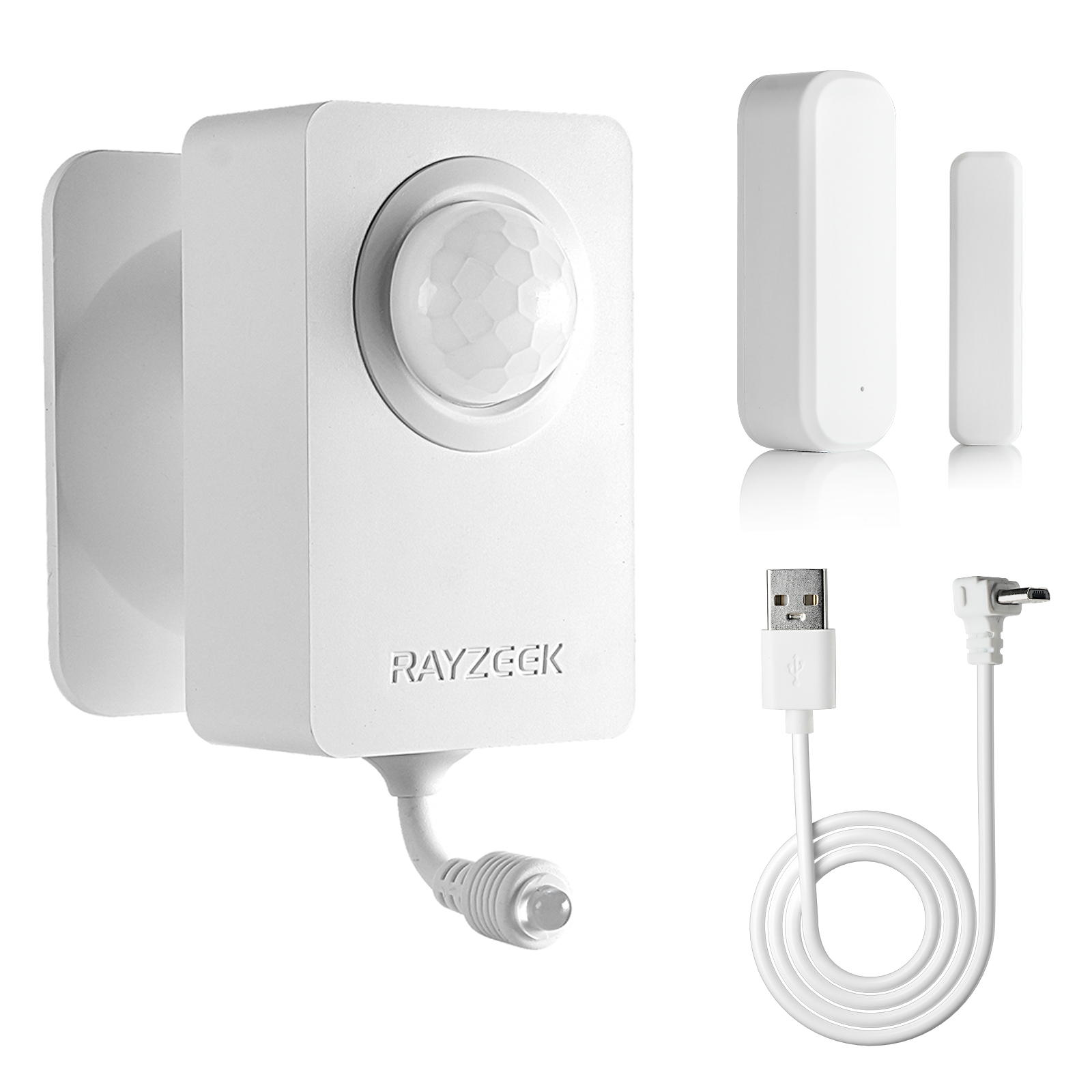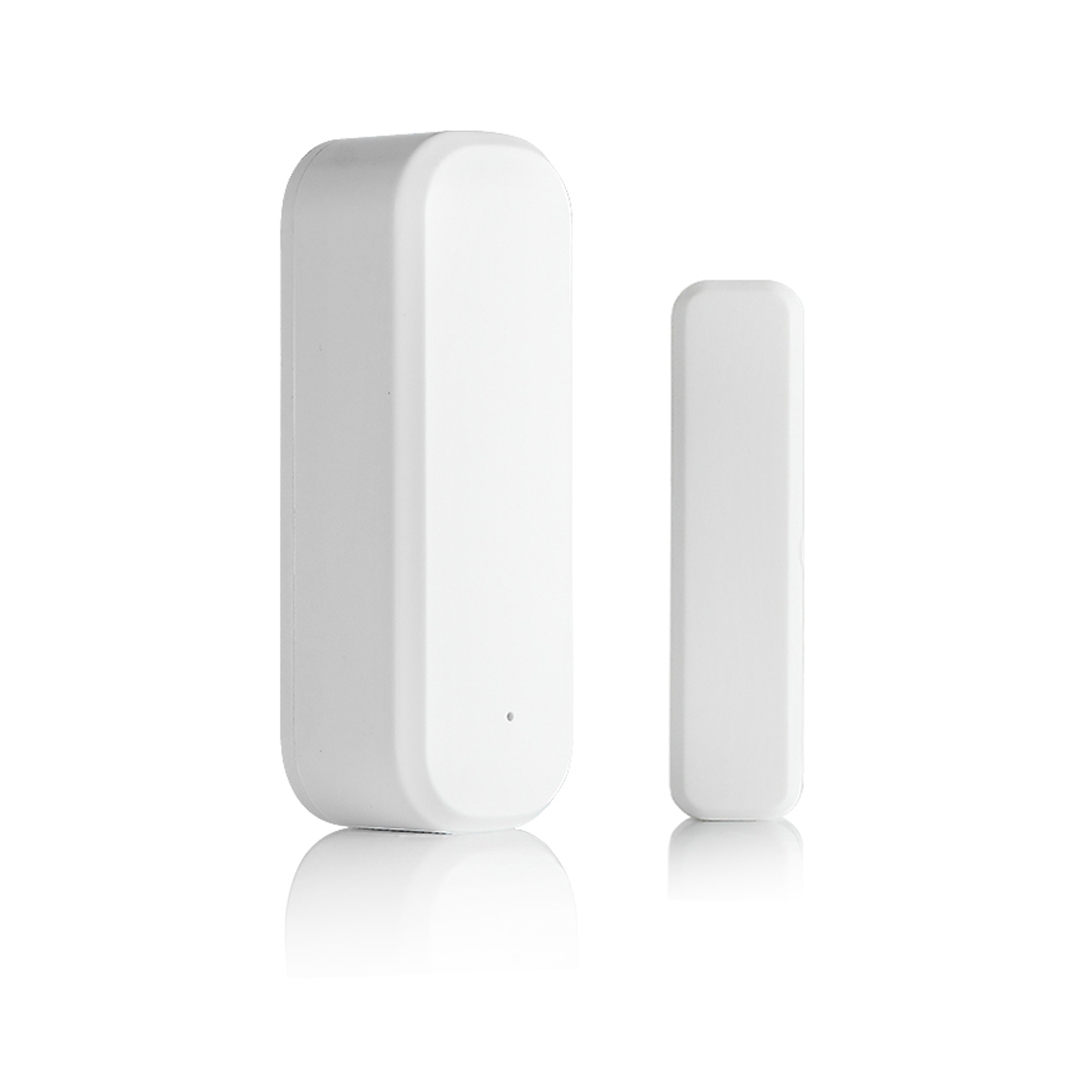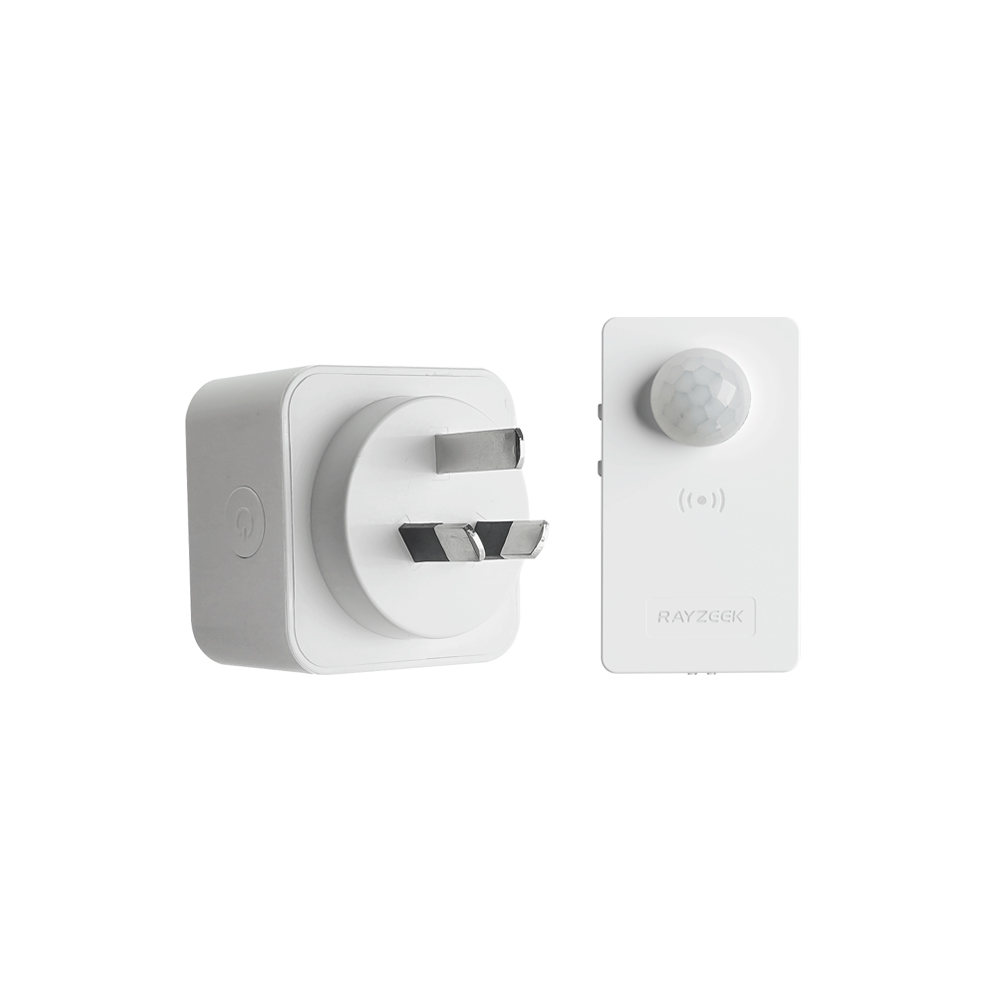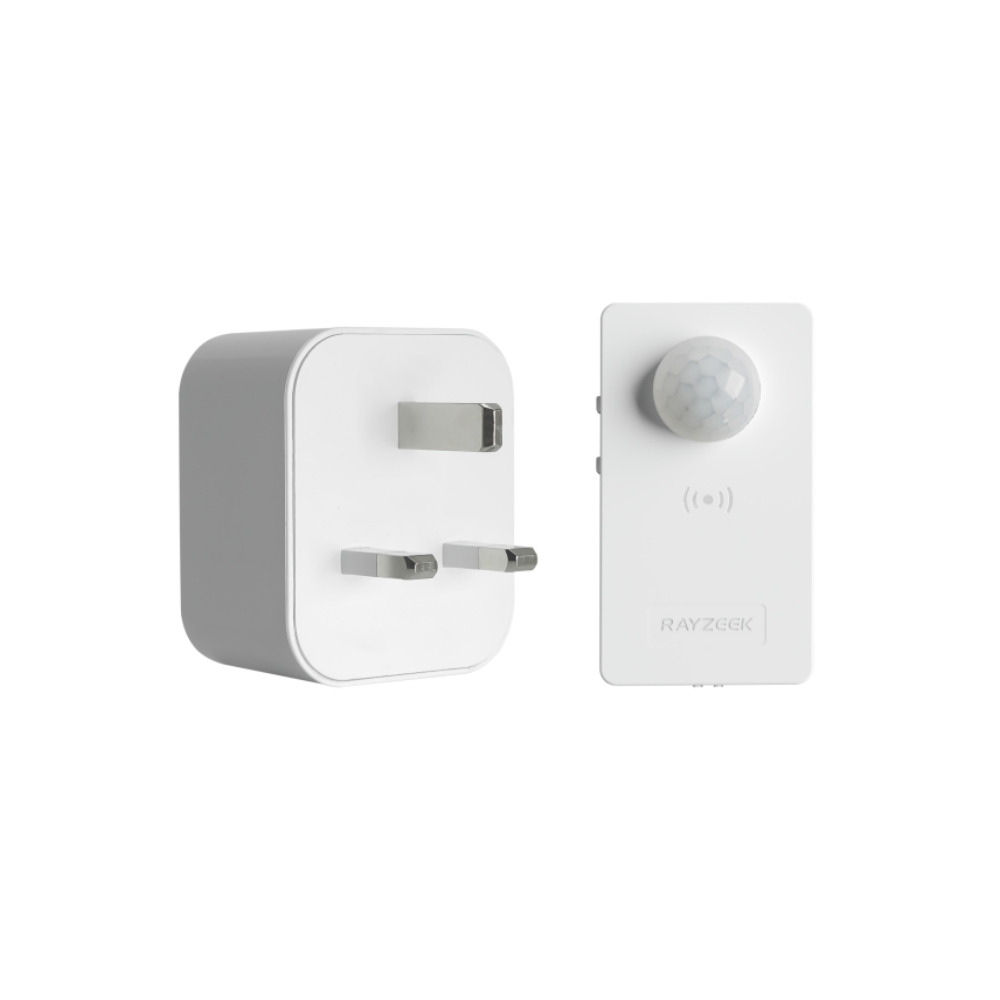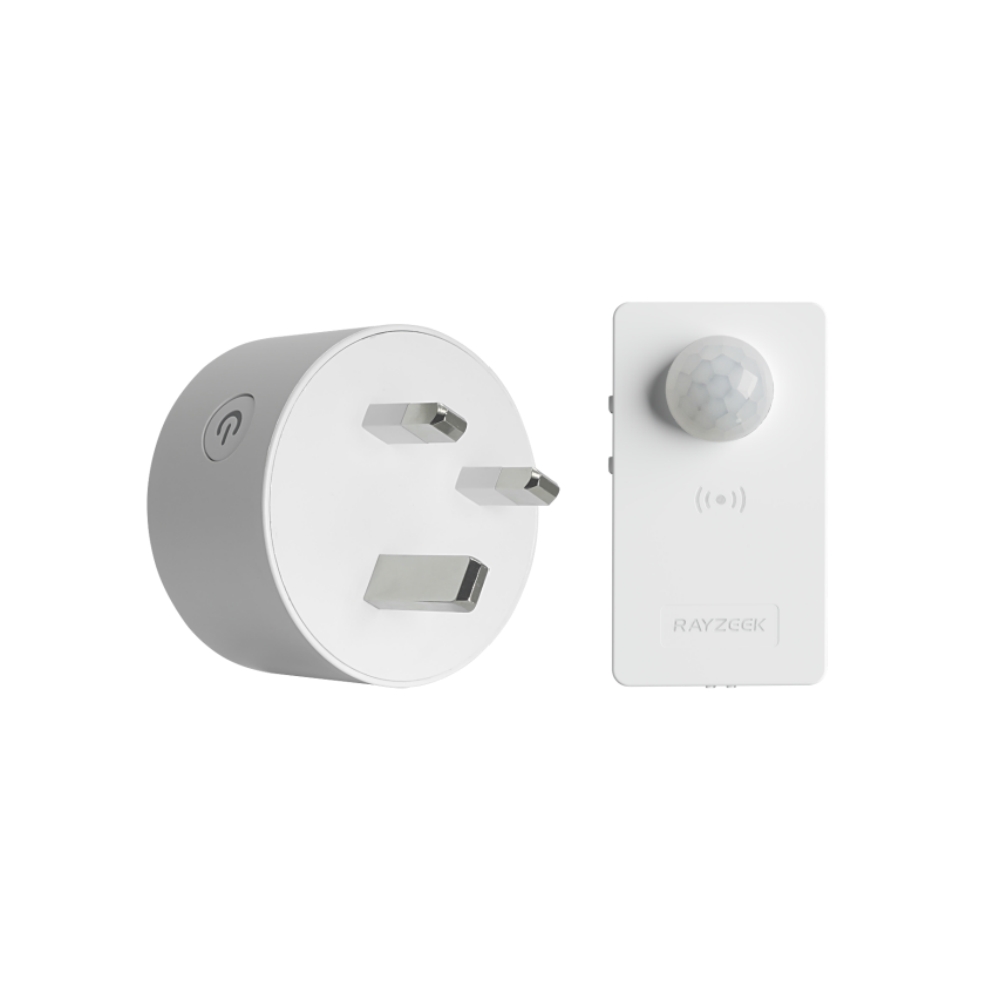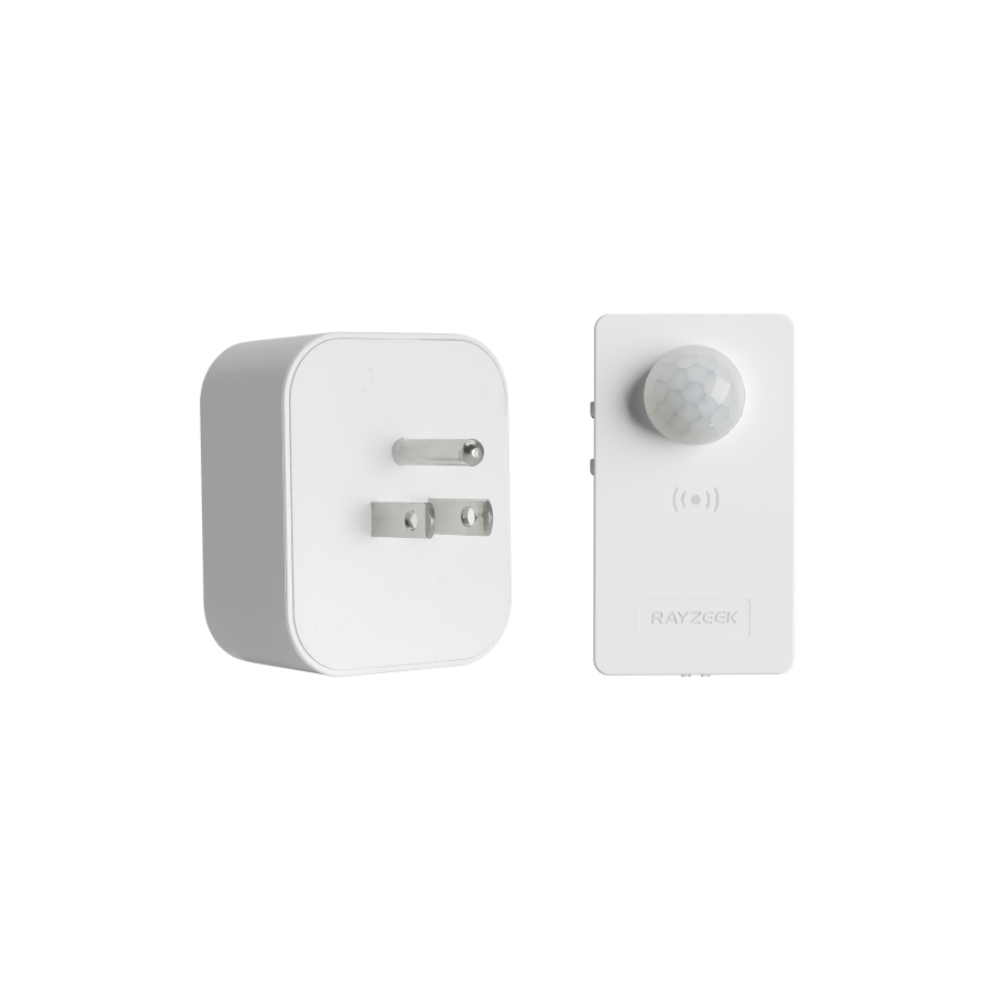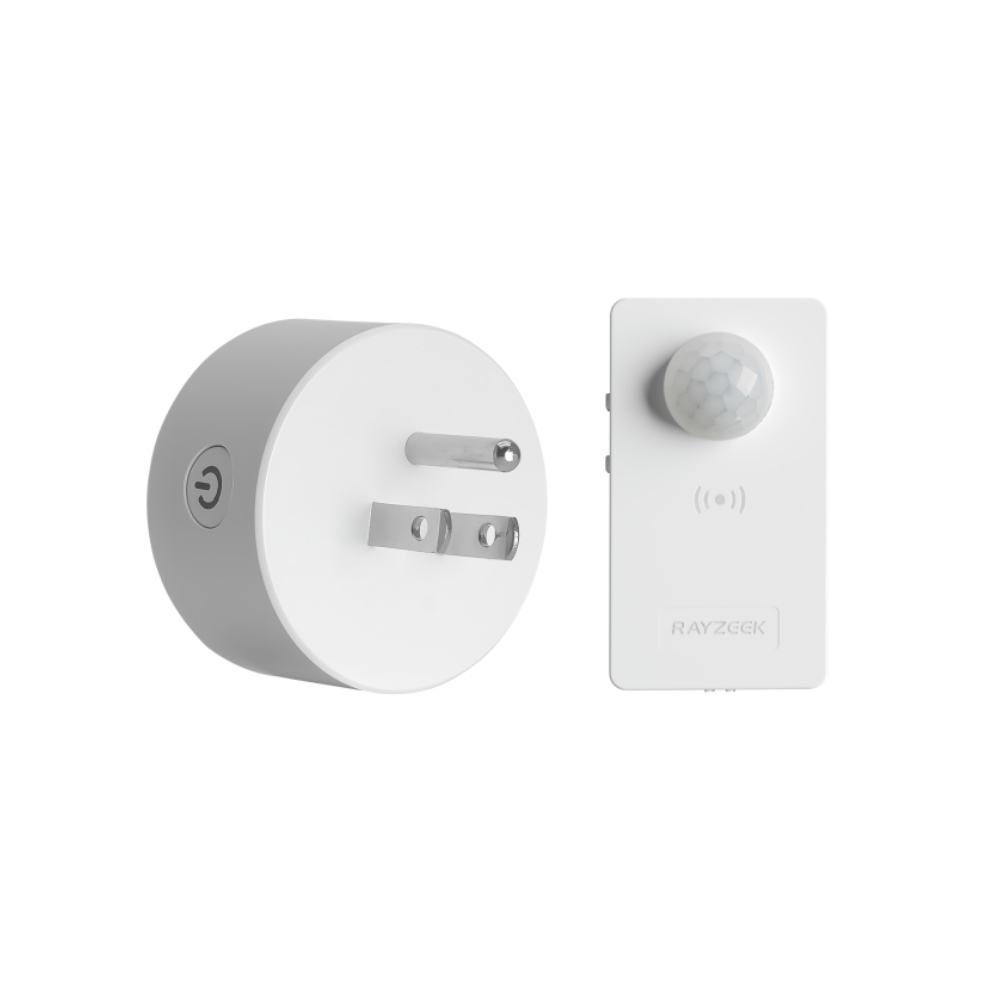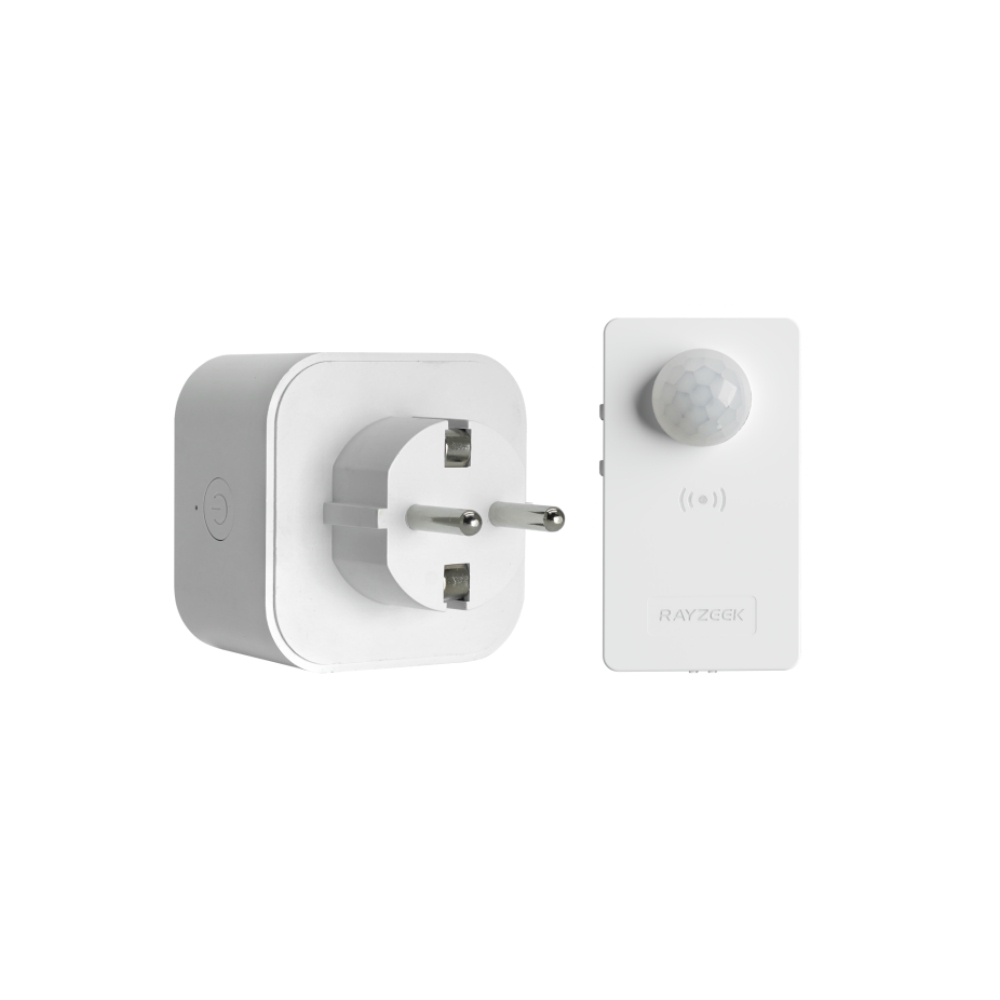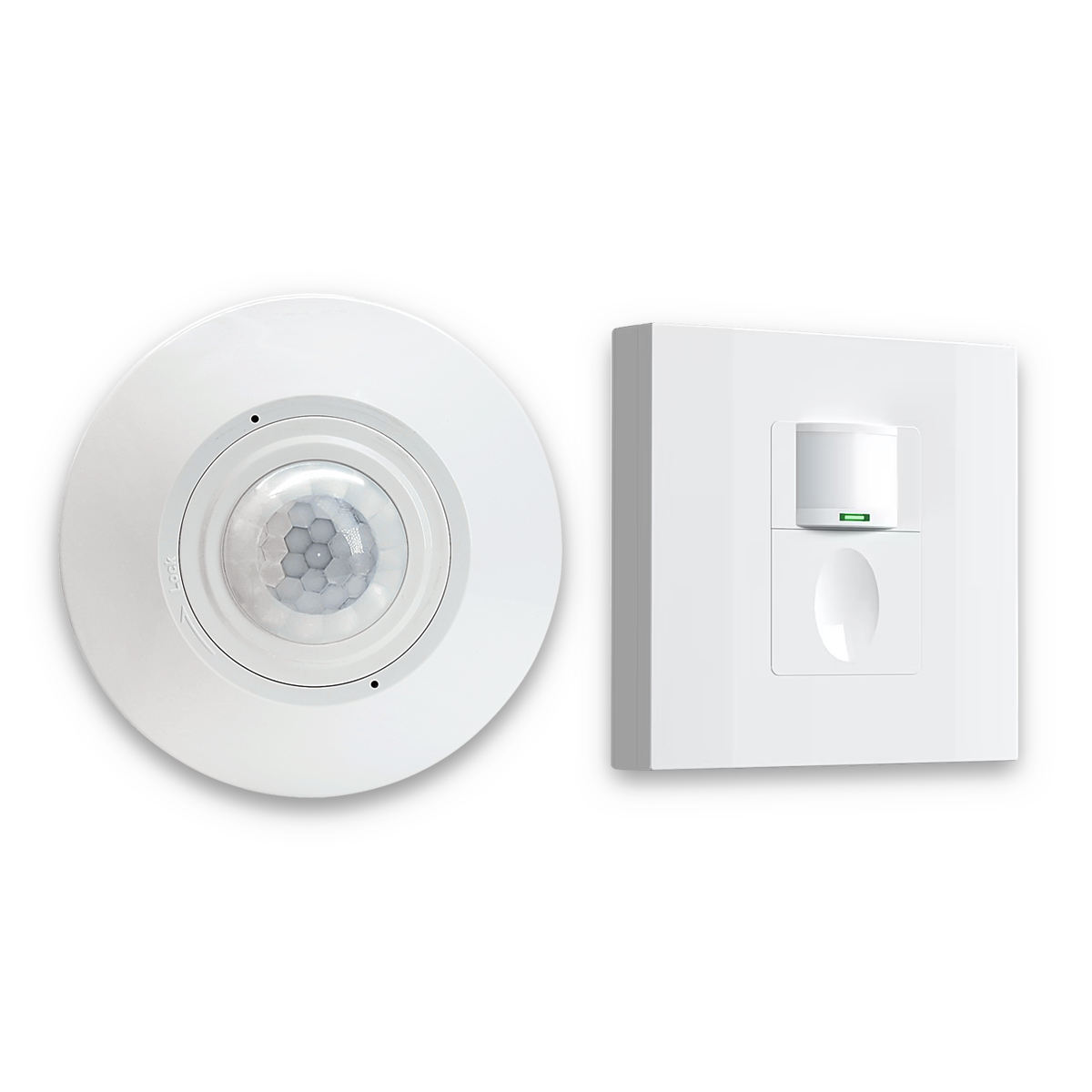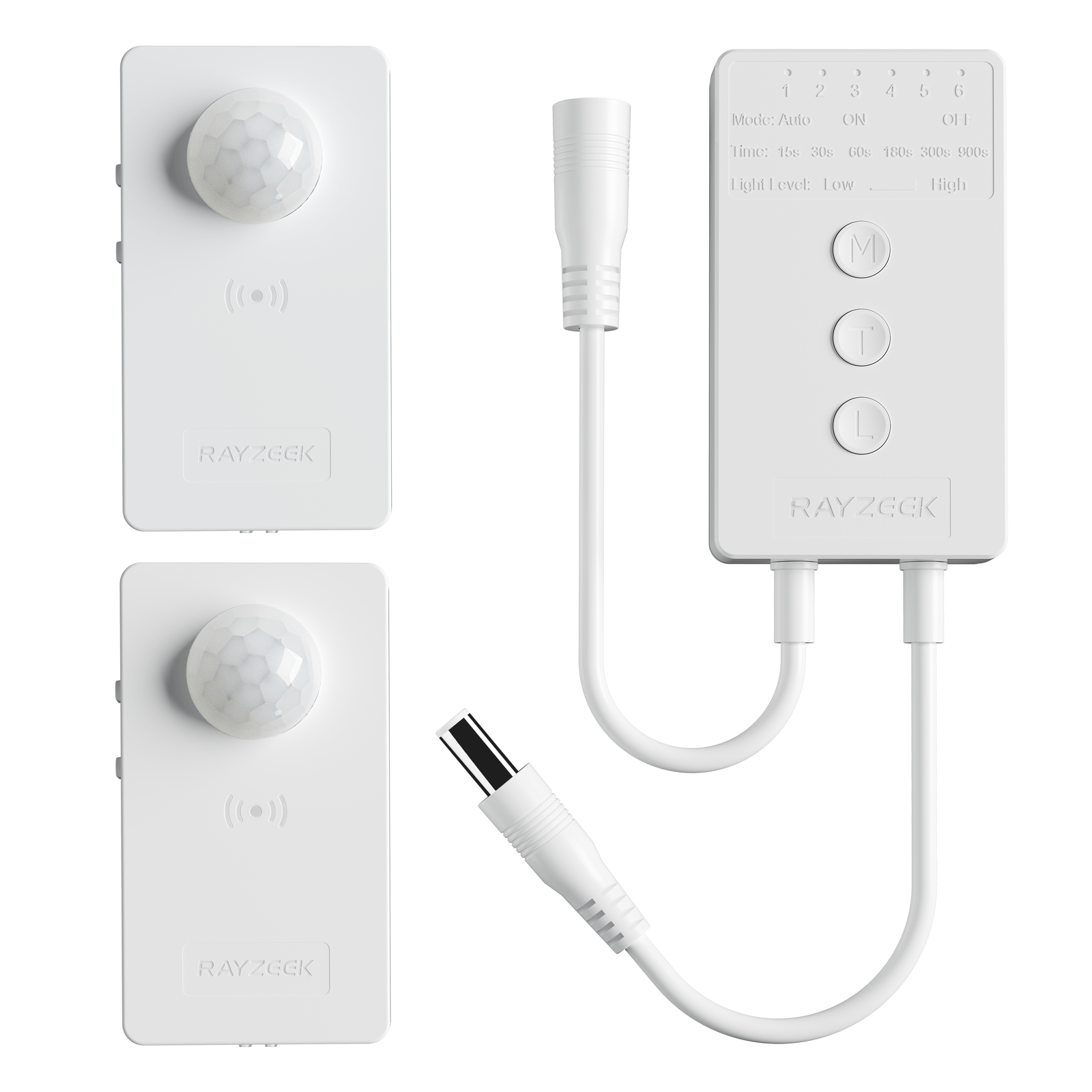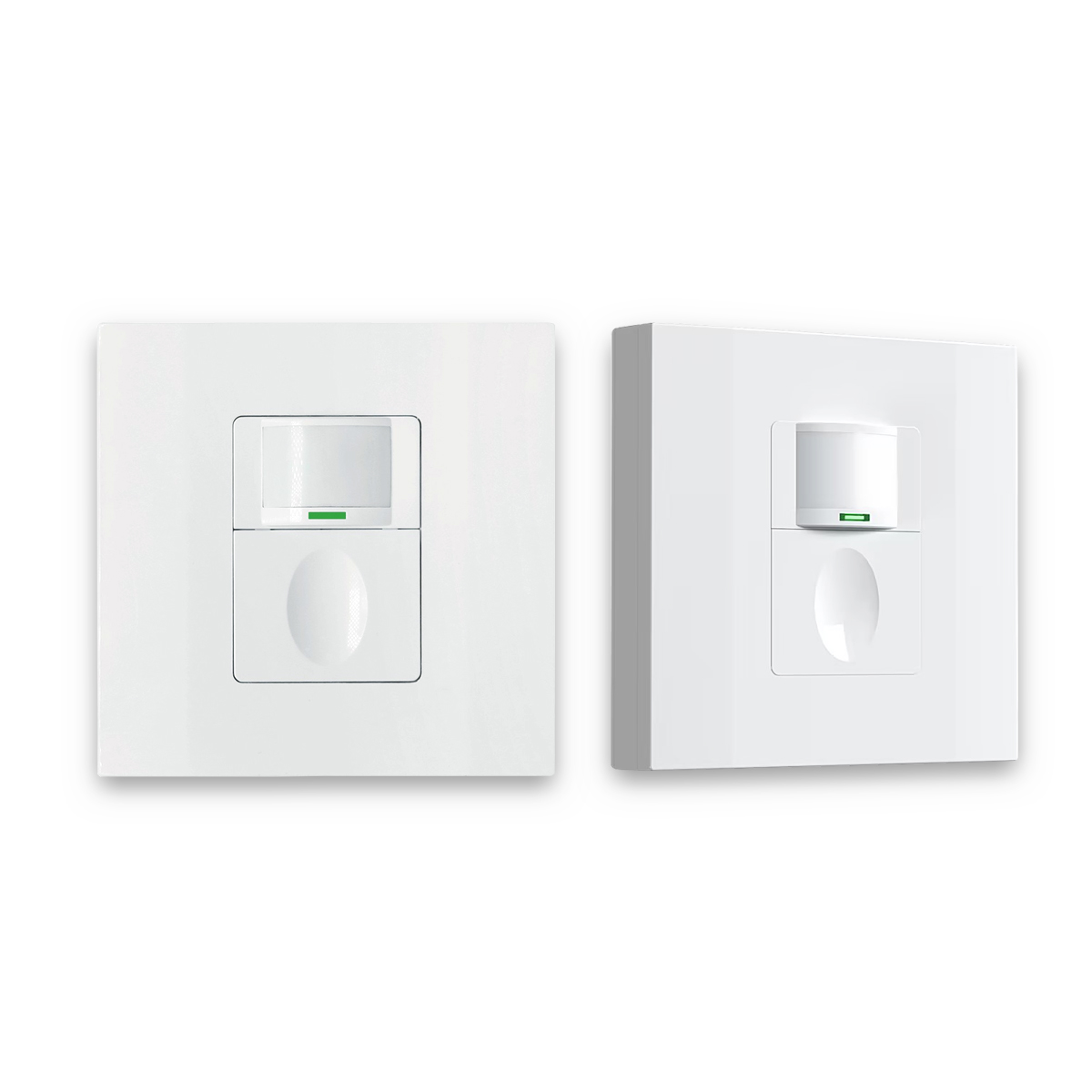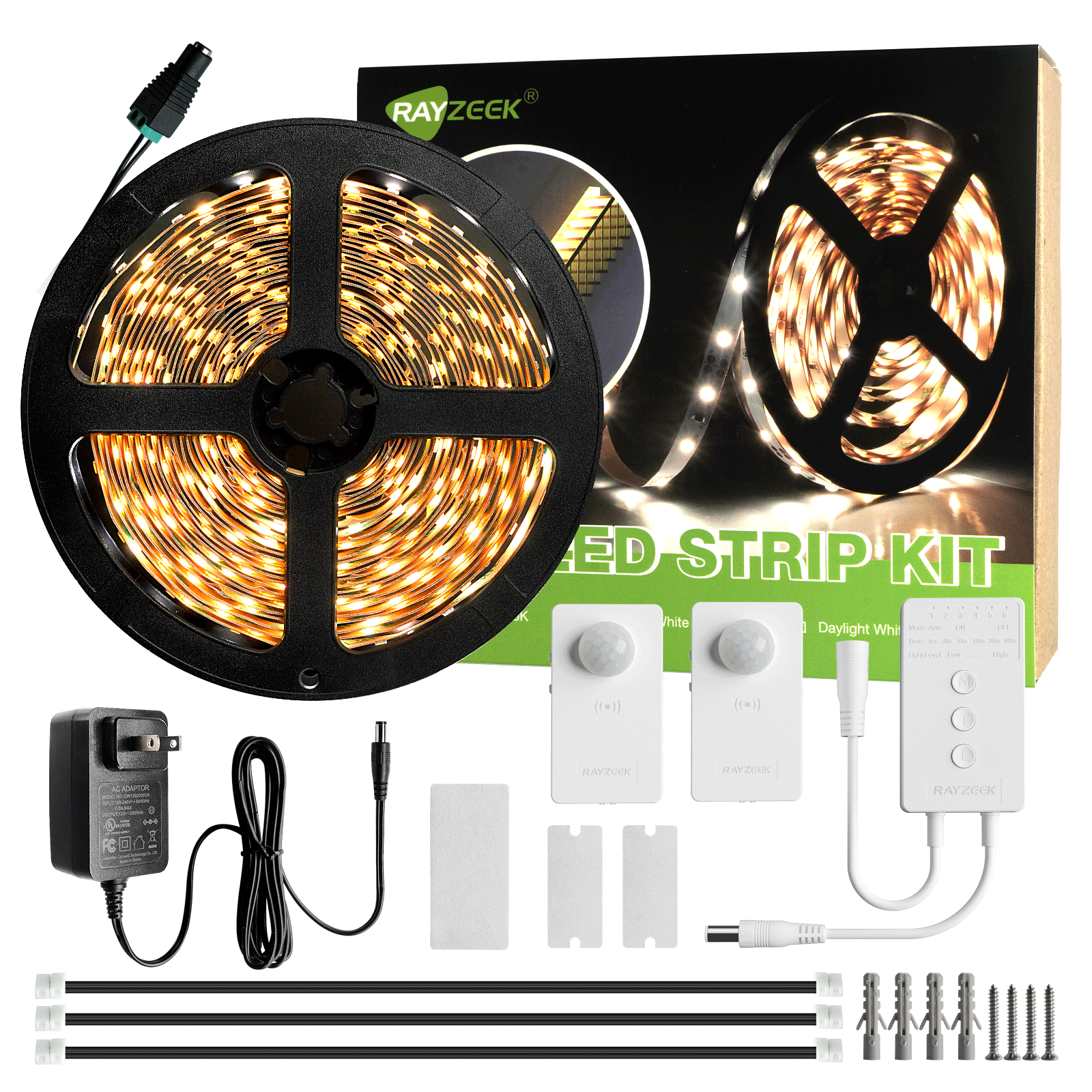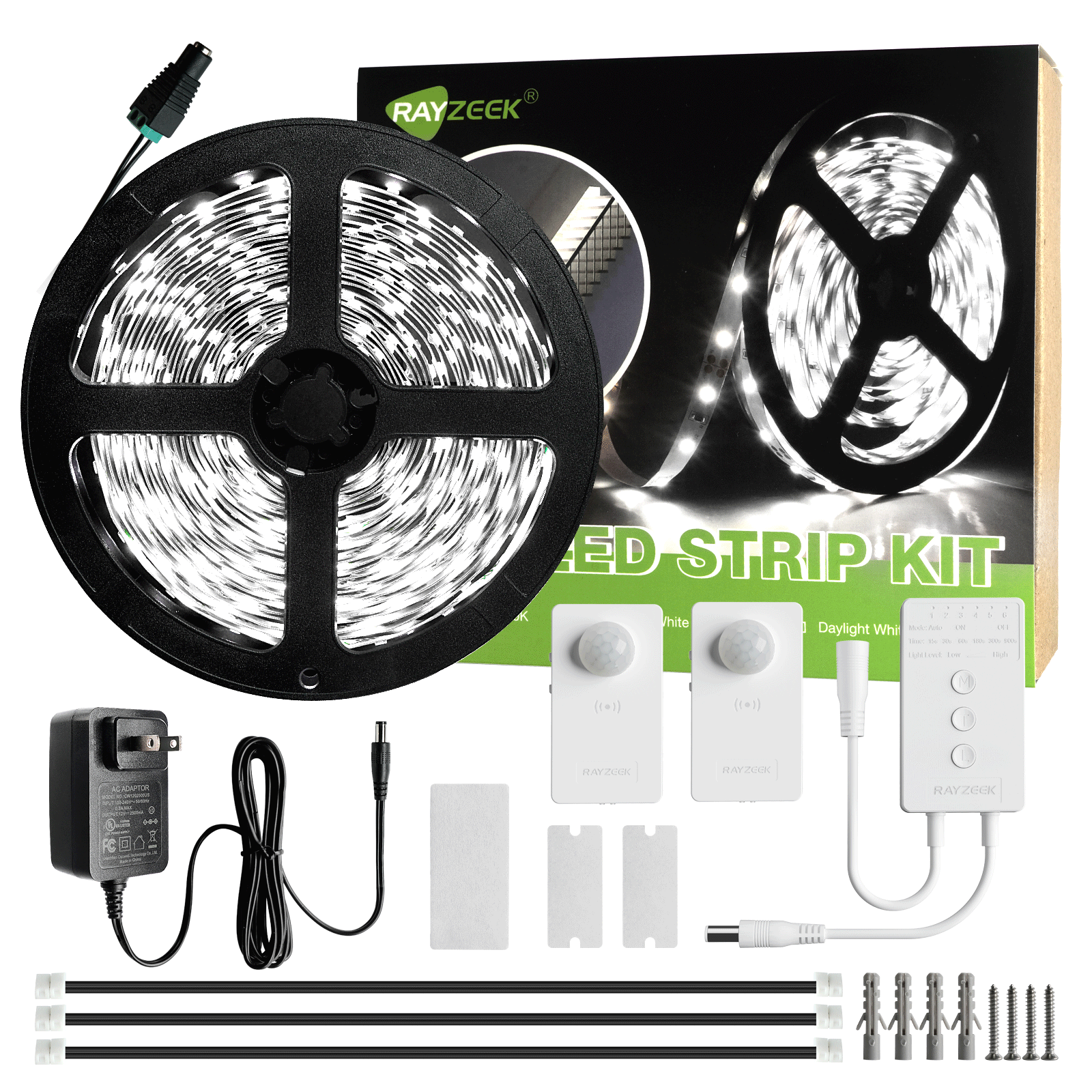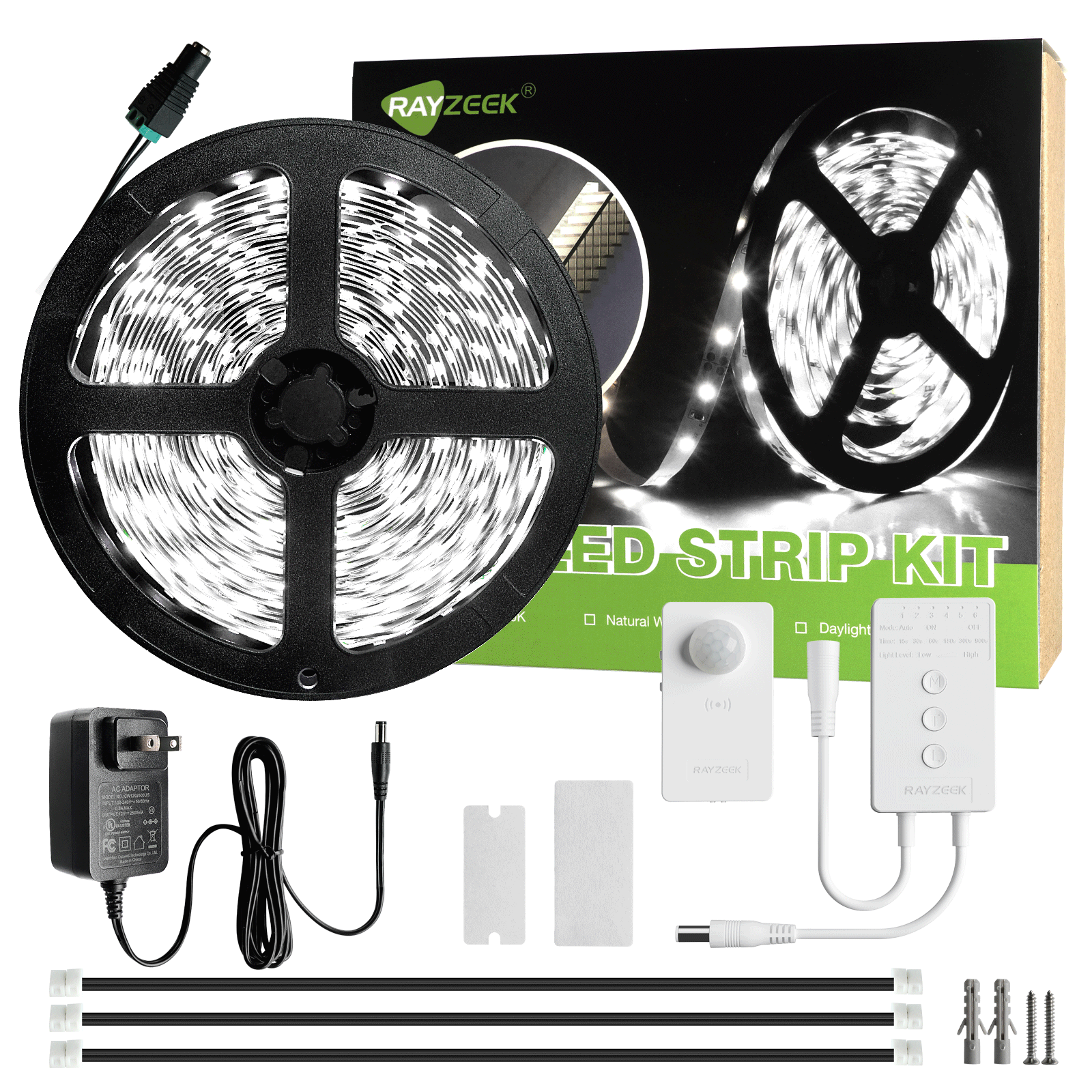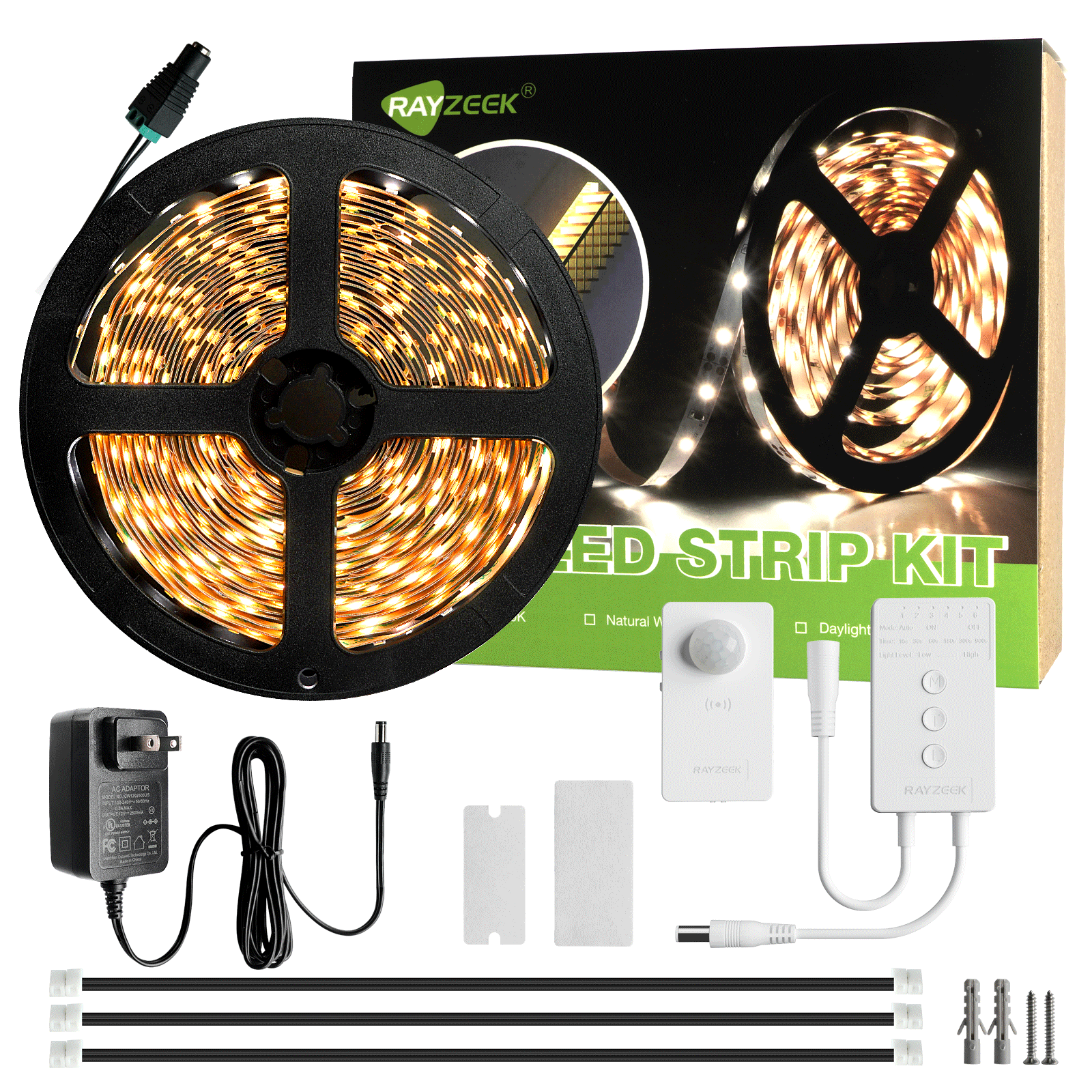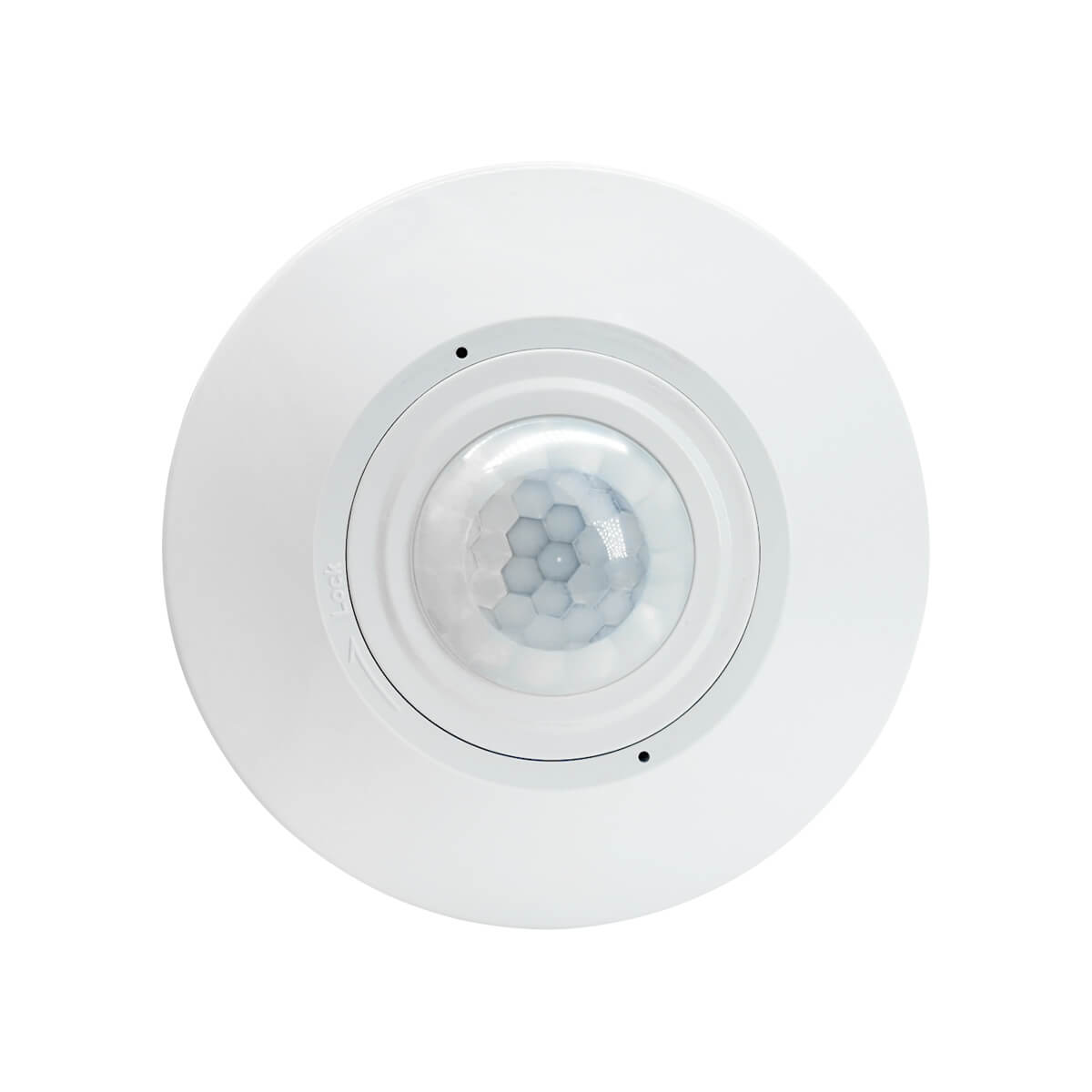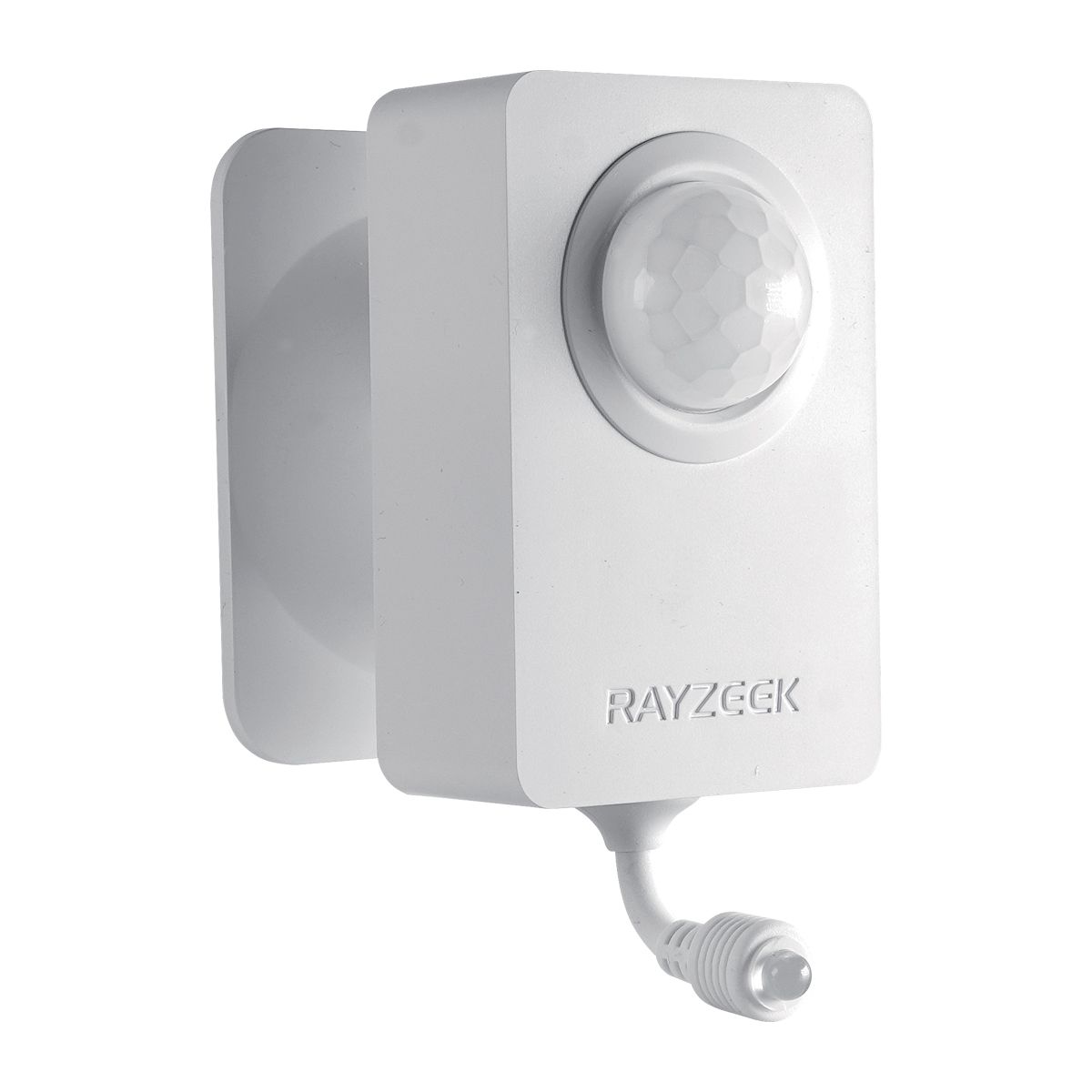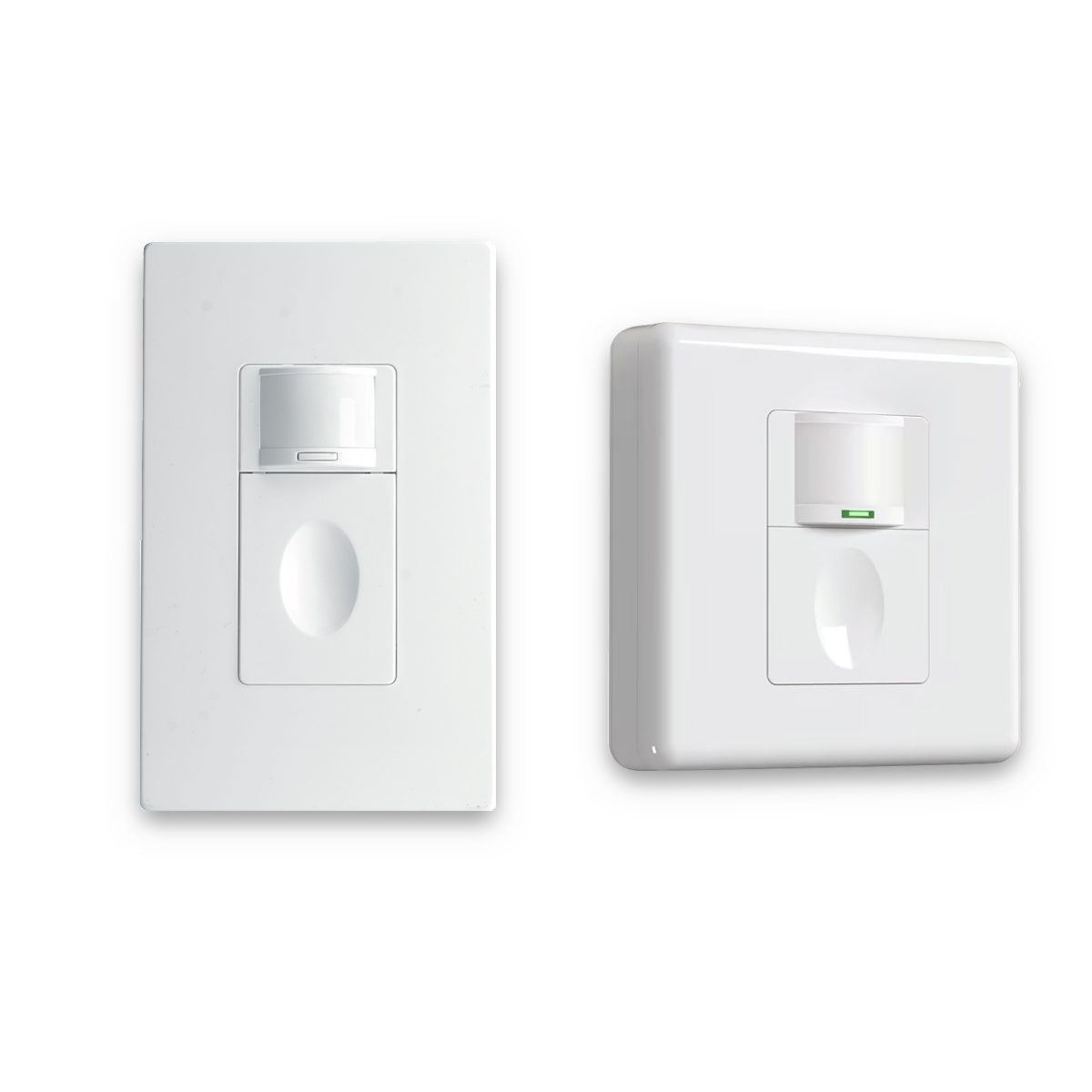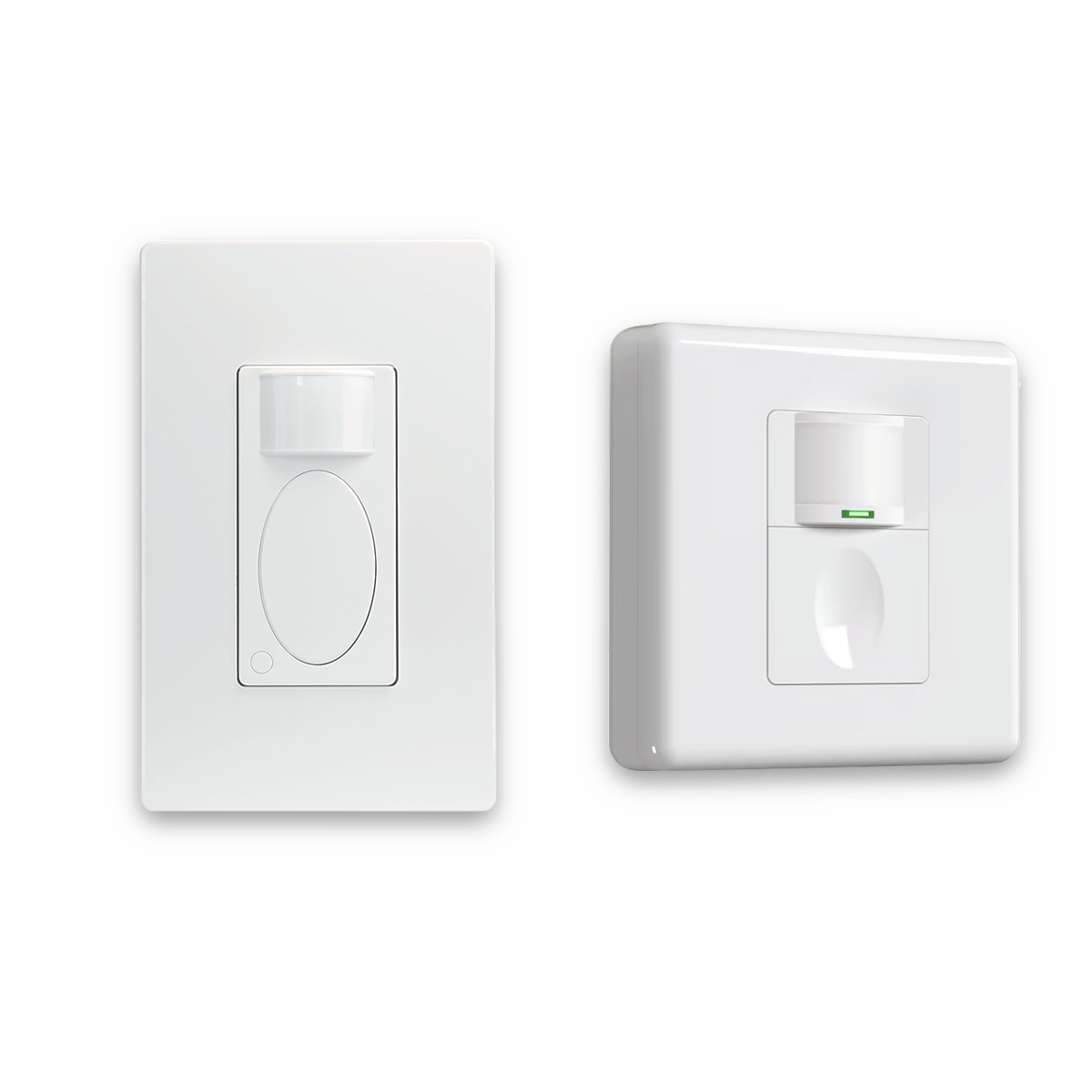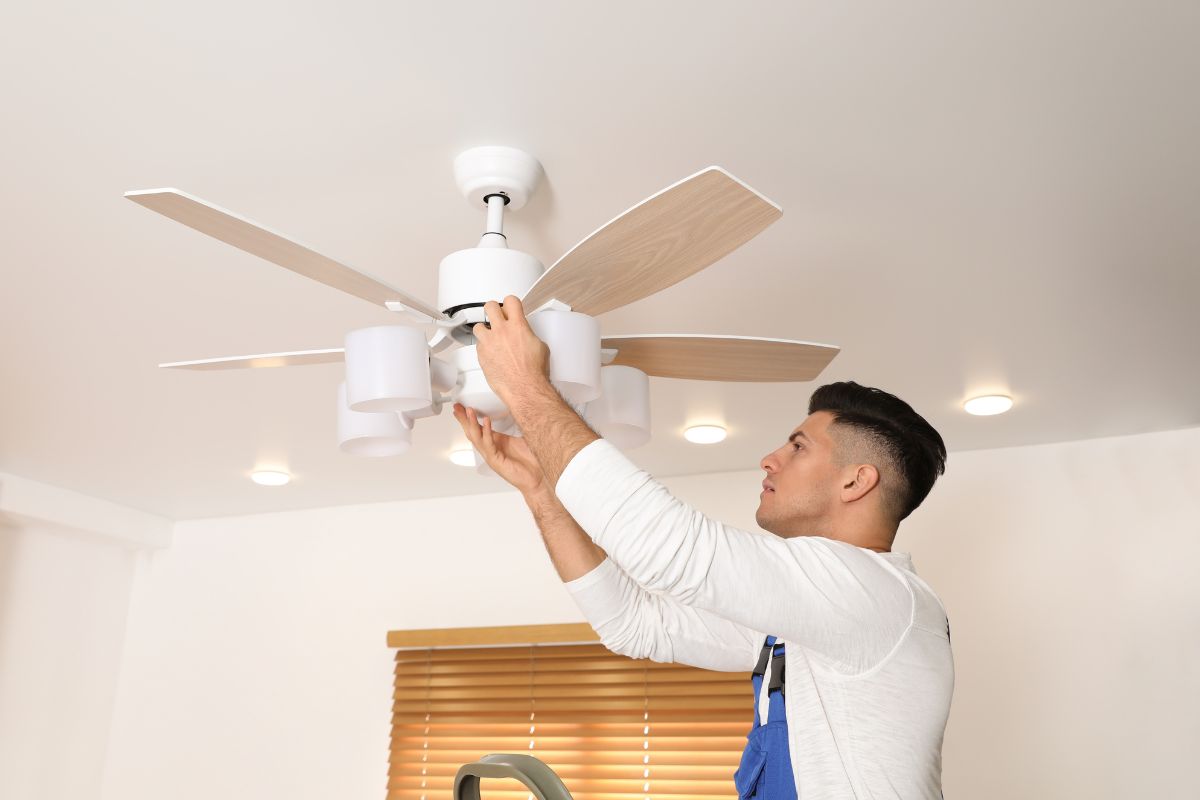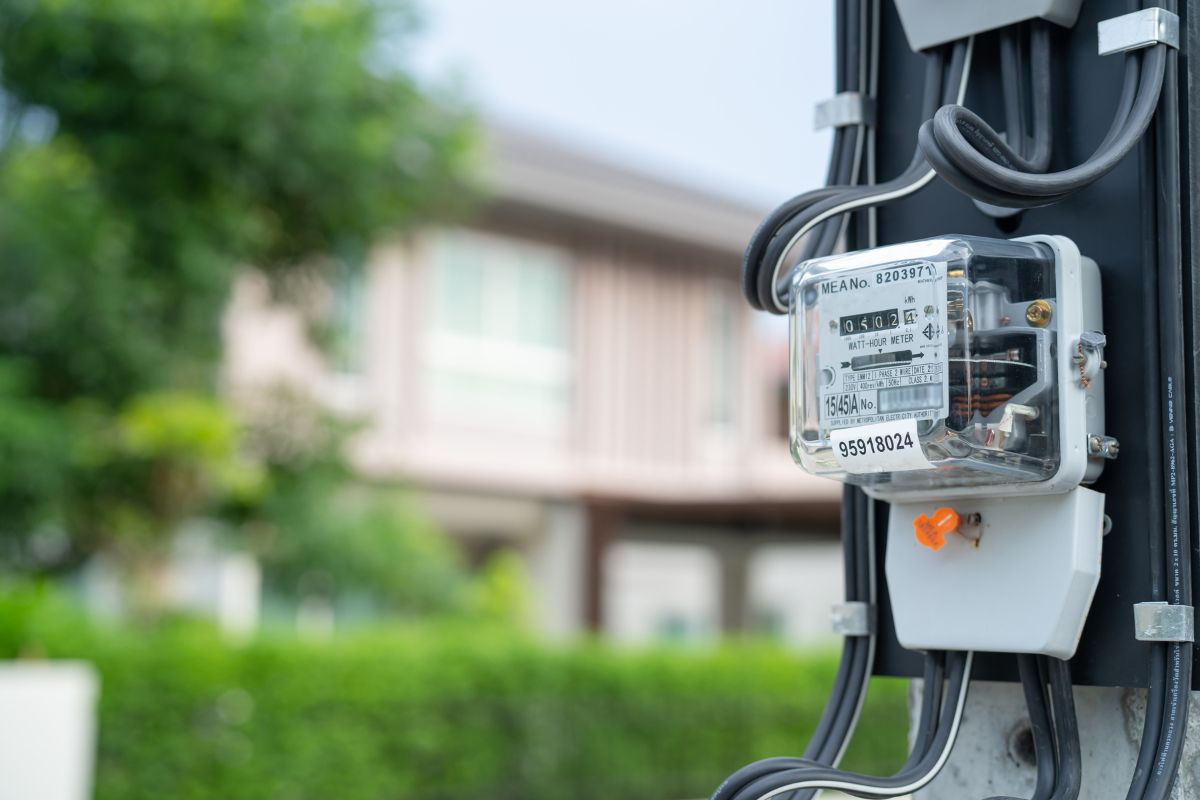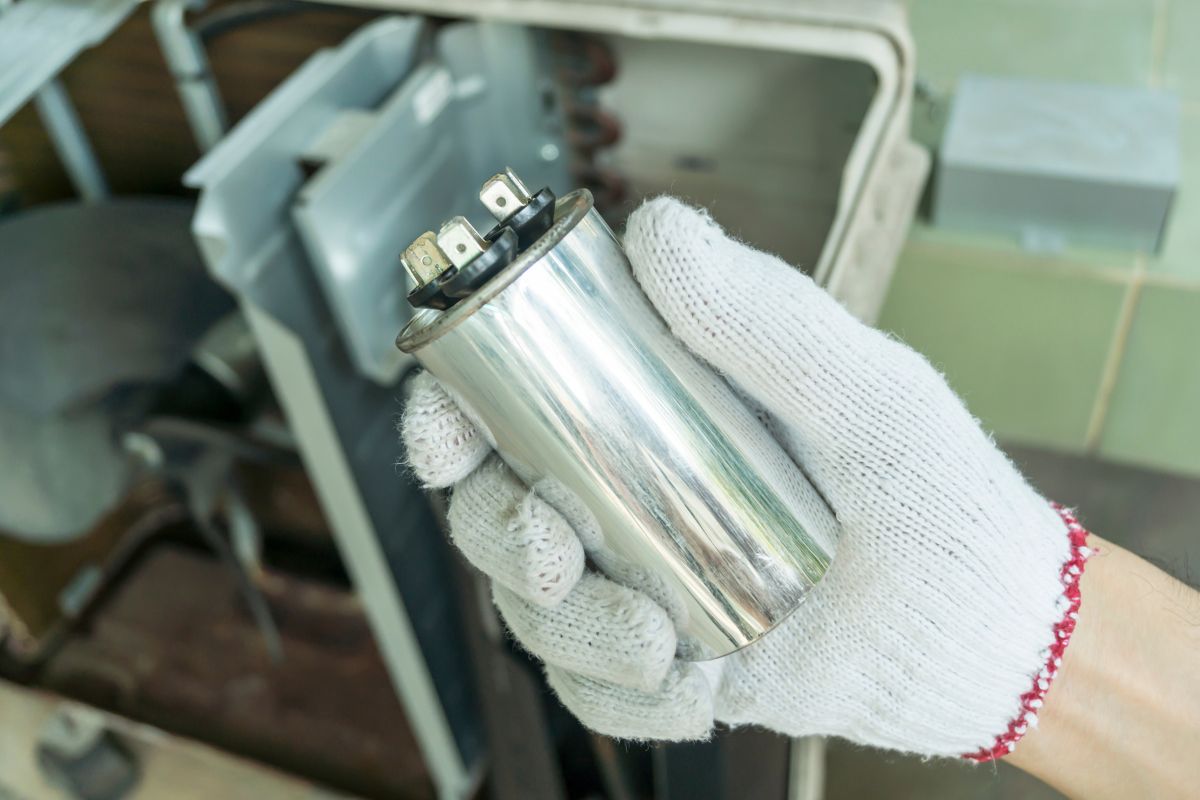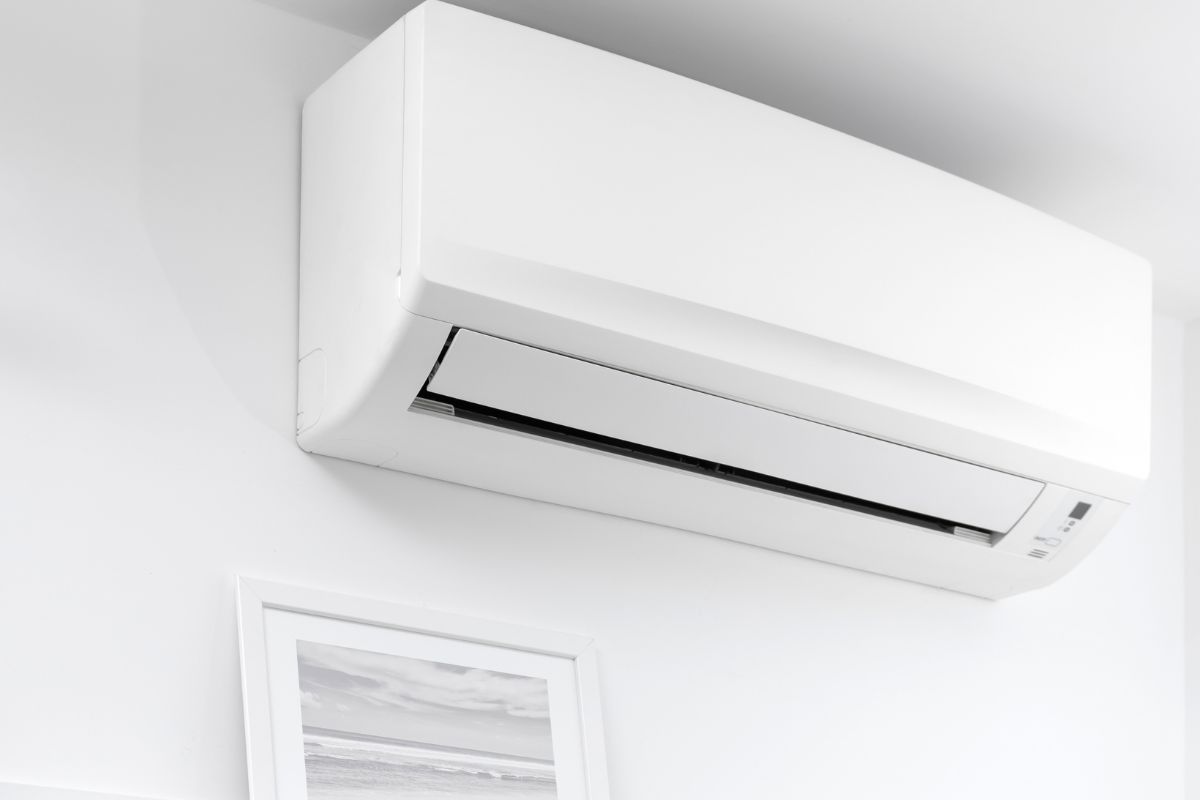So, how long will your air conditioner actually last? It’s a question we all ask ourselves, especially when the summer heat kicks in or when faced with unexpected repair costs. You’ll often hear that the average AC unit lasts for 15 to 20 years. But here’s the thing: that’s just a general estimate, not a promise etched in stone.
That 15-to-20-year window is pretty wide, isn’t it? The truth is, how long your AC actually lasts depends on a lot more than just its age. Think of it like a car: some cars run smoothly for decades with the right care, while others break down much sooner due to neglect or poor manufacturing. The same goes for your air conditioner.
But here’s the good news: how long your air conditioner lasts isn’t just a matter of luck. It’s largely a result of the choices you make and the care you provide. From scheduling regular maintenance to ensuring proper installation, your decisions have a big impact on how long your AC keeps you comfortable. You actually have more control over your AC’s lifespan than you probably realize!
That’s why this article dives into the specific things that affect how long your AC lasts. We’re going beyond the typical “15 to 20 years” to give you real, practical advice. Our goal is to help you understand and take control of your AC’s lifespan, so you can get the most out of your investment and avoid unexpected breakdowns. We’ll cover everything from how you use your AC to the often-overlooked impact of your local climate. And we’ll show you why proper installation is so important – it’s something many people don’t think about until problems pop up. By the end, you’ll have the knowledge you need to help your AC live a long and happy life!
Key Factors Affecting Lifespan
So, what really determines how long your AC will last? Well, it’s not just one thing. It’s a combination of many different factors all working together. It’s not just about how old your unit is; it’s about how well it’s made, how carefully it’s installed, how you use it every day, and even where you live. It’s all connected!
Here’s a rundown of the most important things that affect your AC’s lifespan:
- Maintenance and Usage: Regular maintenance, like changing filters and cleaning coils, is super important. It’s like getting regular oil changes for your car – it keeps everything running smoothly. Also, how you use your AC matters. Running it constantly versus using it on and off, and even your thermostat settings, all play a role.
- Installation and Unit Quality: Proper installation is key, including making sure your unit is the right size and has the correct amount of refrigerant. And, of course, the quality of the unit itself matters. A poorly installed, high-end AC might not last as long as a well-installed, mid-range one.
- Environmental Factors: Where you live has a big impact. Extreme temperatures and humidity can put a lot of stress on your AC. And things like salt air or pollution can speed up wear and tear. Living near the ocean, for instance, can be harder on your AC than living in a dry climate.
- Often-Overlooked Factors: Don’t forget about things like the condition of your ductwork, how accurate your thermostat is, and the stability of your electrical supply. These are like the supporting cast in a play – they might not be the stars, but they’re essential for everything to work right.
It’s really important to realize that all these factors are connected. If you don’t maintain your AC well, it’ll make the effects of heavy use even worse. And a cheap, low-quality unit might be more easily damaged by the environment. There’s something called the “bathtub curve” that helps explain this. Imagine a bathtub: at the beginning, you might have some early problems because of mistakes made during installation or manufacturing. Then, for a while, things are pretty stable. But eventually, as parts wear out from all these factors combined, the chances of failure increase. So, small problems can build up over time and turn into big headaches later on. We’ve already talked about how important installation is, but we’re going to dig deeper into exactly how a bad installation can really shorten your AC’s life.
When you look at the big picture, you’ll often find that spending a little more upfront on a good-quality unit and professional installation can actually save you money in the long run. You might pay more at first, but you’ll likely have a longer-lasting AC and fewer repair bills. So, investing a bit more now can really pay off down the road!
Maximizing Lifespan with Regular Maintenance
Think of regular maintenance on your air conditioner as an investment, kind of like putting money into a retirement account. Just like those consistent contributions grow over time, regular AC maintenance pays off big in the long run. Doing those seemingly small tasks consistently can really increase your AC’s lifespan and save you money on repairs. It’s all about taking care of things before they become problems!
So, what kind of maintenance are we talking about? Here are the key things you should be doing:
- Filter Changes and Coil Cleaning: Change your air filter regularly – about every 1 to 3 months, depending on how much you use your AC and what type of filter you have. A dirty filter makes your AC work harder and can even lead to problems with the coils. Clean the indoor and outdoor coils once a year to help your AC transfer heat efficiently. You might see filters with higher MERV ratings – these catch more particles, but they can also restrict airflow if you don’t change them often enough. A clean filter is like a clean air intake for your car’s engine – it helps your AC “breathe” easier!
- Refrigerant Level Checks and Drain Line Clearing: Have a professional check your refrigerant levels every year. Low refrigerant can damage the compressor, which is a major component. Also, make sure your drain line is clear to prevent water leaks. Even something as simple as checking your drain line regularly can prevent costly water damage. A clogged drain line is like a blocked gutter – it can cause water to back up and cause damage.
- Electrical Component Inspection: Have a professional check the wiring, capacitors, and other electrical parts once a year. This can help prevent breakdowns and even fire hazards. Think of this as getting a regular checkup for your home’s electrical system.
- Professional Annual Inspections: Schedule a full inspection by a qualified technician every year. They can spot potential problems before they turn into major repairs. This is like your AC’s annual physical!
- Warning Signs: Keep an eye out for warning signs like weak cooling, strange noises, higher energy bills, ice buildup, or water leaks. These are all signs that something might be wrong. These are like the warning lights on your car’s dashboard – don’t ignore them!
If you skip maintenance, those little problems can really add up. Small issues that are ignored can turn into big, expensive repairs or even cause your AC to fail sooner than it should. Plus, regular maintenance helps your AC run efficiently, which means lower energy bills. It’s a win-win situation: a longer-lasting AC and lower monthly costs!
How Usage Affects Longevity
The way you use your air conditioner has a direct impact on how long it lasts. The more you run it, and the longer you run it for, the faster the parts will wear out. It’s just like a car: the more miles you drive, the more wear and tear the engine experiences. So, the more you use your AC, the more you’re wearing it down.
Generally speaking, it’s better to use your AC moderately and consistently than to turn it on and off frequently. All that on-and-off cycling puts stress on the parts. There’s something called the “compressor duty cycle,” which is basically the percentage of time your AC’s compressor is running. The higher that percentage, the more wear and tear your AC is experiencing, and the shorter its lifespan might be. “Short cycling,” which is when your AC turns on and off very frequently for short periods, is especially hard on the compressor. Short cycling is like repeatedly starting and stopping your car in heavy traffic – it’s really tough on the engine. So, you want to avoid that as much as possible.
When it comes to your thermostat, it’s all about finding a balance between comfort and energy savings. Try to avoid setting your thermostat to extreme temperatures, because that forces your AC to work much harder. It’s better to set it to a comfortable, moderate temperature than to constantly push it to its limits. Smart thermostats can be helpful for saving energy, but whether they actually extend your AC’s lifespan depends on how you program them and how well they work with your system. We’ll talk more about that when we discuss different types of AC units.
High humidity also makes your AC work harder, because it has to remove more moisture from the air. If you live in a humid area, you might want to consider an AC with a two-stage or variable-speed compressor. These types of compressors can adjust to different cooling demands more efficiently, which reduces wear and tear. They’re like having a car with multiple gears – they can adapt to different situations more easily.
Of course, the quality of your AC unit also plays a role. A high-quality unit will be more durable and able to withstand heavy use, but even the best AC has its limits. On the other hand, a less expensive unit might last a decent amount of time if you only use it moderately. Just remember, even the best-built machine will eventually wear out if you constantly push it to the max!
Maybe You Are Interested In
The Importance of Proper Installation
A lot of homeowners think that just buying a new AC unit guarantees great performance. But here’s a secret: the quality of the installation is often even more important than the brand or model of the unit itself! A top-of-the-line AC, if it’s installed poorly, can actually perform worse and break down sooner than a mid-range unit that’s installed correctly. Installation really matters!
So, what does proper installation actually involve? Here are the key things to keep in mind:
- Correct Sizing and Refrigerant Charge: Your AC unit needs to be the right size for your space. That’s measured in BTUs, or British Thermal Units. Getting the right BTU size is like choosing the right size engine for your car – too small, and it’ll struggle; too big, and it’ll be inefficient. Also, the refrigerant charge needs to be just right. Too little or too much refrigerant can damage the compressor and reduce efficiency.
- Airflow Optimization and Ductwork Considerations: Proper airflow is essential for efficient cooling. That means sealing your ductwork, placing vents correctly, and making sure there’s enough return air. Your ductwork should also be properly sized, sealed, and insulated. Think of your ductwork as the veins and arteries of your AC system – they need to be clear and unobstructed for proper circulation.
- Level Mounting, Electrical Connections, and Location: The outdoor unit needs to be level and securely mounted. The electrical connections (voltage, grounding) need to be correct and secure. And you should avoid putting the outdoor unit in direct sunlight and make sure it has enough space for airflow. A level, stable mounting prevents vibration and stress on the components.
- Verification of Proper Installation: Ask for a professional inspection, performance testing, and a review of the installation paperwork to make sure everything was done correctly. This is like getting a second opinion to make sure everything is up to code.
- DIY vs. Professional: Installation is almost always best left to the pros. Fixing installation mistakes often requires special tools and knowledge. This isn’t the place to try and save a few bucks by doing it yourself.
The results of a bad installation can be pretty serious. You could end up with refrigerant leaks, restricted airflow, uneven cooling, higher energy bills, and even premature breakdowns. Even small mistakes can add up over time and cause big problems down the road. It’s like building a house on a shaky foundation – sooner or later, something’s going to go wrong.
Unit Quality and Lifespan
The brand of your AC and the quality of its parts (like the compressor, coils, and fan motor) have a big impact on how long it will last. Well-known brands often use better components and materials, which makes their ACs more durable and resistant to corrosion. For example, copper coils are generally more durable than aluminum coils, although they’re also more expensive. Think of it like buying a car – a brand with a good reputation for reliability is usually a safer choice.
The SEER rating is another thing to consider. SEER stands for Seasonal Energy Efficiency Ratio, and it tells you how energy-efficient an AC is. A higher SEER rating means it’s more efficient. SEER is like the MPG rating for your car – it tells you how efficiently it uses energy. While a higher SEER rating can be a sign of better-quality parts, it’s not the only thing that determines how long your AC will last. You should also think about your climate and how you plan to use your AC. Warranty coverage is also important. A longer warranty often means the manufacturer is confident that their product will last.
Keep in mind that while a higher price often means better quality, that’s not always the case. There’s a point where you start paying more for features you don’t really need. That’s why it’s so important to do your research and find the best balance of price and quality for your specific needs. You don’t necessarily have to buy the most expensive AC on the market, but you also don’t want to go with the cheapest option without doing your homework first.
The quality control during the manufacturing process is also a big deal. If the AC is put together well at the factory, it’s much more likely to be reliable in the long run. This is often reflected in the brand’s reputation and the length of the warranty they offer. It really comes down to how well the AC is made from the start.
Finally, keep an eye out for newer technologies like inverter compressors and scroll compressors. These technologies can improve efficiency and potentially extend the lifespan of your AC. For example, scroll compressors are generally more reliable and efficient than older reciprocating compressors because they have fewer moving parts and less vibration. These newer technologies are like advancements in car engines – they offer better performance and fuel efficiency. A scroll compressor is usually a more advanced and reliable choice than the older reciprocating design.
External Factors Affecting Your AC
Your climate has a big influence on how long your AC lasts. If you live in a place with extreme heat and high humidity, your AC is going to have to work harder, which increases wear and tear. Getting the right size AC is especially important in extreme climates. An AC that’s too small will struggle to keep up, while one that’s too big will turn on and off too frequently. Living in a hot, humid climate puts more stress on your AC than living in a mild, dry one.
The environment around your home can also affect your AC. Things like salt air in coastal areas and air pollution in cities can speed up corrosion and damage the AC’s parts. Salt air is especially hard on metal components.
Being exposed to direct sunlight, rain, and debris can also shorten your AC’s life. You can help protect it by cleaning it regularly, using covers during the off-season, and planting trees or shrubs to provide shade. Think of it like protecting your car from the elements – keeping it clean and sheltered can help it last longer.
Even the stability of your electrical grid can make a difference. Frequent voltage spikes or drops can damage the compressor and other electrical parts. Also, microclimate variations and high levels of dust and pollutants can clog your filters and coils. A stable electrical supply is crucial for protecting your AC’s sensitive electronic components.
Climate and Environment
Extreme heat puts a lot of stress on your AC’s parts, and high humidity increases the amount of cooling it has to do and can also lead to corrosion. Some AC units are designed specifically for hot, humid climates, with features like enhanced corrosion resistance or higher SEER ratings. These climate-specific units are like cars designed for different terrains – some are better suited for off-roading, while others are better for city driving.
Salt air can really speed up corrosion, especially where different metals are joined together. This happens through a process called galvanic corrosion. Galvanic corrosion is when two different metals are in contact with each other in the presence of something that conducts electricity, like saltwater. It’s like a battery that slowly eats away at the metal. Air pollution, including dust, pollen, and chemicals, can also clog your AC’s filters and coils, which reduces its efficiency. If your AC is exposed to sunlight for long periods, the plastic parts can weaken. Strong winds can damage the fins and coils, and debris buildup can restrict airflow.
You can protect your AC by cleaning it regularly, using protective covers, planting trees or shrubs to provide shade, and making sure the area around it drains properly. Different regions have different challenges. For example, the desert Southwest gets extremely hot, while the humid Southeast has high humidity and the potential for salt air corrosion. Knowing the specific challenges of your region will help you take the right steps to protect your AC.
Choosing the Right Size
Choosing the right size air conditioner is super important for getting the best performance and making it last as long as possible. AC size is measured in British Thermal Units, or BTUs. The number of BTUs you need depends on things like the size of your home, how well it’s insulated, how many windows you have, your climate, which direction your house faces, how many people live there, and how much heat your appliances give off. It’s all about finding the right balance – not too big, not too small.
Get Inspired by Rayzeek Motion Sensor Portfolios.
Doesn't find what you want? Don't worry. There are always alternate ways to solve your problems. Maybe one of our portfolios can help.
If you get an AC that’s too small, it’ll run constantly and struggle to cool your home properly. This can lead to it breaking down sooner than it should. It’s like trying to cool a large room with a small fan – it’ll be working overtime and still not get the job done.
On the other hand, if you get an AC that’s too big, it’ll turn on and off frequently, which is called “short cycling.” This causes unnecessary wear and tear, can lead to humidity problems, and is just plain inefficient. It’s like using a powerful engine to drive a short distance – it’s wasteful and doesn’t make sense.
The best way to figure out the right BTU capacity for your home is to have a professional do a load calculation, often referred to as “Manual J.” While you can find online calculators and rules of thumb that give you a rough estimate, they’re often not very accurate. Even Manual J has its limitations, because it’s only as good as the information that’s put into it. But it’s still the industry standard for calculating cooling loads.
When you’re sizing your AC system, remember to think about which direction your house faces, how much shade it gets, how many people live there, and how much heat your appliances give off. It’s also a good idea to think about your future needs and “future-proof” your system. Thinking ahead can save you from having to replace your AC sooner than you expect.
Lifespans of Different AC Types
Different types of ACs have different lifespans and features. Here’s a quick overview:
- Central Air Conditioning (Split Systems): These typically last for 15 to 20 years if you take good care of them. They cool your whole house and are generally more energy-efficient than window units. These are the most common type of AC for cooling an entire home.
- Window Units and Portable Air Conditioners: These usually last for 5 to 10 years. Window units are cheaper and easier to install, but they’re not as efficient and can be noisy. Portable units are flexible, but they’re also less efficient and can be bulky. These are good choices for cooling a single room or if you’re renting.
- Ductless Mini-Split Systems: These can last for 10 to 20 years or even longer, especially if they have inverter technology. Inverter technology allows the AC to adjust its speed, which reduces wear and tear. These systems offer zoned cooling and are more energy-efficient than window units. They’re a good option if your home doesn’t have ductwork or if you want to add cooling to specific areas.
The amount of maintenance you’ll need to do varies depending on the type of AC you have. Central AC usually requires professional maintenance, while window and portable units have tasks that you can easily do yourself. It’s often cheaper to repair central AC and ductless mini-splits than to replace them, while window and portable units are often just replaced. Also, different types of ACs use different refrigerants, which have different effects on the environment. And remember, no matter what type of AC you have, refrigerant leaks can cause big problems, as we discussed earlier. Ultimately, choosing the right type of AC depends on what you need and what you can afford.
The Impact of Refrigerant Leaks
Refrigerant leaks can happen because of corrosion, vibration, or connections that have come loose. If you notice that your AC isn’t cooling as well as it used to, there’s ice buildup on the coils, or you hear a hissing sound, those are telltale signs that your AC is losing refrigerant.
These signs mean that you’re losing refrigerant, which directly affects how well your AC can cool your home. Low refrigerant also puts a strain on the compressor, which can cause it to overheat and have lubrication problems. This can eventually lead to the compressor failing sooner than it should. It’s like running your car’s engine with low oil – it can cause serious damage.
Refrigerant leaks aren’t just bad for your AC; they’re also bad for the environment. Older refrigerants, like R-22, are being phased out because they damage the ozone layer. Newer refrigerants, like R-410A, are less harmful to the ozone layer, but they still contribute to global warming. There are strict rules about how refrigerants are handled to minimize the damage to the environment. R-22 is an older type of refrigerant that’s harmful to the ozone layer, while R-410A is a newer, more environmentally friendly option, although it still has a global warming impact.
Handling refrigerant requires EPA certification, which means you need to be trained and have the right equipment. It’s illegal and dangerous to add refrigerant if you don’t have the proper certification. This is definitely not a DIY project!
The cost to repair a refrigerant leak depends on where the leak is, how bad it is, and what type of refrigerant your AC uses. Professionals use electronic detectors and UV dye to find the exact location of the leak. If you have repeated leaks, that means there’s an underlying problem that needs to be fixed. Finding and fixing the leak is important, but it’s even more important to figure out what’s causing the leaks in the first place.
AC Lifespan and Replacement Considerations
Eventually, every homeowner has to decide whether to repair their AC or replace it. Some common problems that can occur include compressor failure, condenser coil problems, fan motor issues, and capacitor malfunctions. The most important thing to consider is the cost of repairing the AC versus the cost of replacing it. Knowing what the common problems are can help you make a smart decision.
There’s a general guideline called the “50% rule” that can help you decide. Basically, if the cost to repair your AC is more than 50% of the cost to replace it, and your AC is getting close to the end of its expected lifespan anyway, it’s usually better to just replace it. This is a good rule of thumb to keep in mind.
Newer AC models are much more energy-efficient than older ones. The SEER rating tells you how efficient an AC is. The higher the SEER rating, the less energy it uses. A new AC unit can save you money on your energy bills every month.
There have been a lot of technological advancements in ACs in recent years. Things like variable-speed compressors, smart thermostats, improved coil designs, and advanced refrigerants have all helped to improve efficiency and potentially extend the lifespan of AC units. These advancements are constantly making ACs better and more efficient.
Don’t forget to look for financial incentives, such as tax credits, rebates, and programs offered by your utility company. These can significantly lower the initial cost of a new, energy-efficient AC unit. You should also calculate how much money you could save on your energy bills over the lifespan of the new unit. These incentives can make it much more affordable to upgrade to a more efficient AC.
Sometimes, the damage to your AC is just too severe to repair. Certain problems, like a compressor that has seized up or extensive damage to the coils, often mean that you’ll have to replace the entire unit. A decision flowchart can be a helpful tool for making an informed decision based on things like the age of your AC, the cost of repairs, and its energy efficiency. But sometimes, the damage is just too extensive to fix.
Conclusion: Summarizing Key Takeaways and Emphasizing Proactive Care
To get the most out of your air conditioner and make it last as long as possible, you need to take a proactive approach. Regular maintenance, using it properly, getting it installed correctly, and considering external factors are all essential. Choosing a quality unit and making sure it’s installed by a professional will pay off in the long run. Taking good care of your AC is an investment that will save you money and hassle down the road.
Looking For Motion-Activated Energy-Saving Solutions?
Contact us for complete PIR motion sensors, motion-activated energy-saving products, motion sensor switches, and Occupancy/Vacancy commercial solutions.
Here’s a quick checklist of things you can do to extend the life of your AC:
- Change your air filters regularly.
- Schedule annual professional maintenance.
- Use your thermostat wisely.
- Make sure there’s proper airflow around your AC.
- Address any warning signs right away.
- Choose the right size AC unit for your home.
- Invest in quality components when you’re buying a new AC.
- Protect your AC from the elements.
Following these simple steps can really make a difference in how long your AC lasts!

